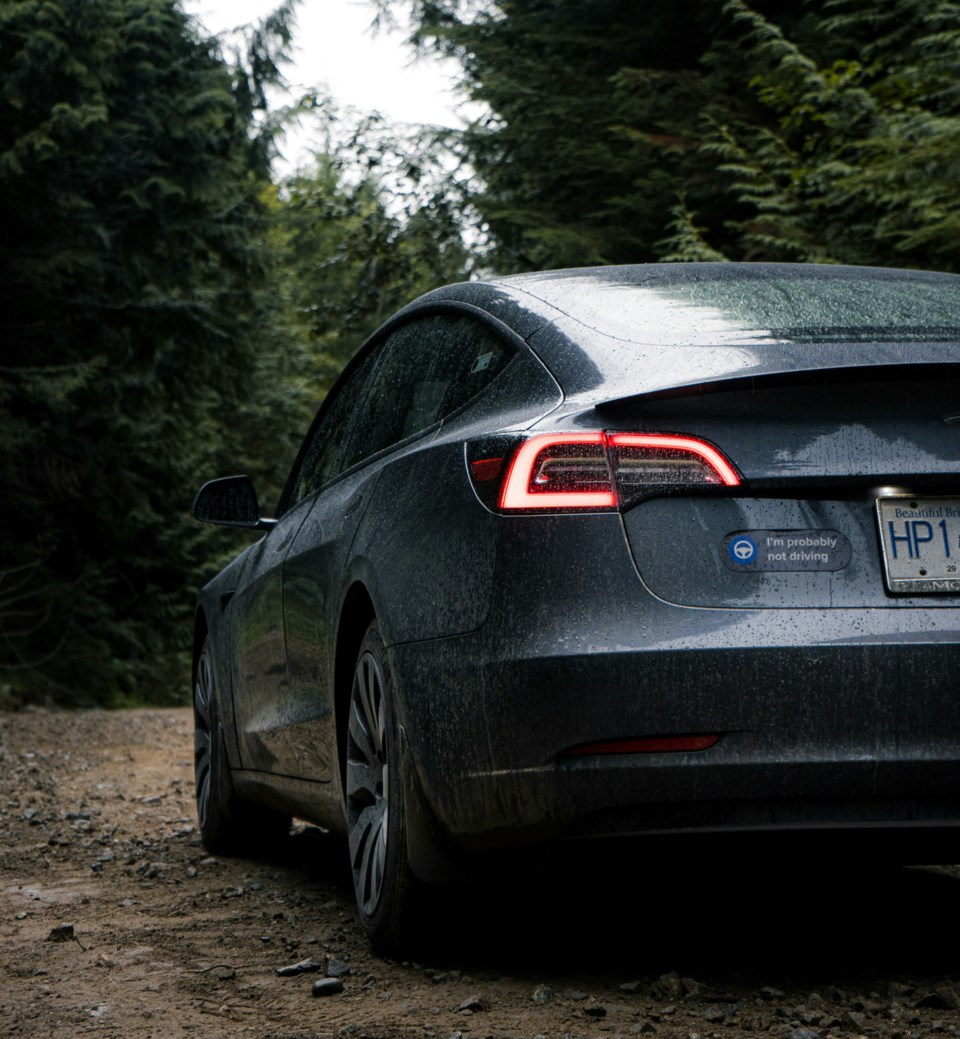When I was much younger, I remember my parents’ concern when the price of gas rose ever closer to one Australian dollar per litre. My parents even swapped cars in the late 90s, with my dad taking the large family SUV and my mom opting for the smaller sedan because on average, she drove further in a day than he did, so it made sense to swap vehicles and save some money.
Then it was the early 2000s and it seemed like the price of gas was just going to keep going up until nobody could afford to drive a personal vehicle, yet, everybody did.
Drive less, ride a bike instead, accept that vehicles were just going to cost more—it seemed like alternatives to filling up a personal vehicle twice a week were inevitable. But everybody still did.
It was around that time that hybrids started to really hit the market in a real way, but they weren’t super popular.
For a while in Australia, small compact sedans were all the rage—the previously popular Australian-made full-size family cars were going the way of the dodo, to be replaced by compact and efficient Japanese things that cost less to buy, less to own and less to refuel. But, everybody still bought vehicles and drove everywhere, dutifully topping up at every gas station.
Like hybrids, electric vehicles existed, but they were a toy for the rich to play with; you never really saw one unless it was an auto show and it was just a display.
Twenty-four years later and electric cars are presented to us as if they are around the corner of full-scale adoption—eerily similar to the way they were presented in 2000.
My point here is that I no longer believe the hype around electric vehicles being around the corner and gas-powered cars disappearing completely, not because of any culture wars over climate change, but simple personal finances of literally everybody who has somewhere to be.
Discussions around climate change and the role electric vehicles play in somehow stopping it aside, the fact is that not everyone can afford to buy an electric vehicle and, as it turns out, not every car maker can afford to make them—certainly not at the rate that some governments appear to want them to.
Electric vehicles are much more expensive than their gas-powered counterparts up front, the infrastructure needed to power them is an additional investment not everyone can afford or even have access to, the cost of maintaining them runs the risk of being significantly higher due to the fact that you can’t just pop the hood and pour in a bottle of engine oil in your driveway, the cross-country charging infrastructure isn’t there yet, resale value is poor and longevity of batteries is a giant question mark.
Yet, consumers are being shepherded into buying them anyway, despite the higher costs.
In a perfect world: Every Canadian has an extra few grand lying around for a new electric vehicle; an off-street driveway with a power hookup; doesn’t need to save money by servicing their own vehicle (a dying art); is perfectly OK with sitting in their car for 45 minutes to an hour every 400 kilometres when they drive across the province for whatever reason (because flying is too expensive anyway); and doesn’t care about resale value or the potential risk of having to buy a new battery before the vehicle reaches the end of its life.
But that world doesn’t exist and the way the economy seems to be going, it’s not going to anytime soon. Sure, some Canadians can tick all of those boxes, but the vast majority do not, so crafting policy, forcing up the price of gas and penalizing the use of anything but electric vehicles comes off as elitist and tone-deaf.
So, to use some rubbish phrasing, those making decisions should “check their privilege” before they start turning screws on the average Canadian who just wants to get to work.




